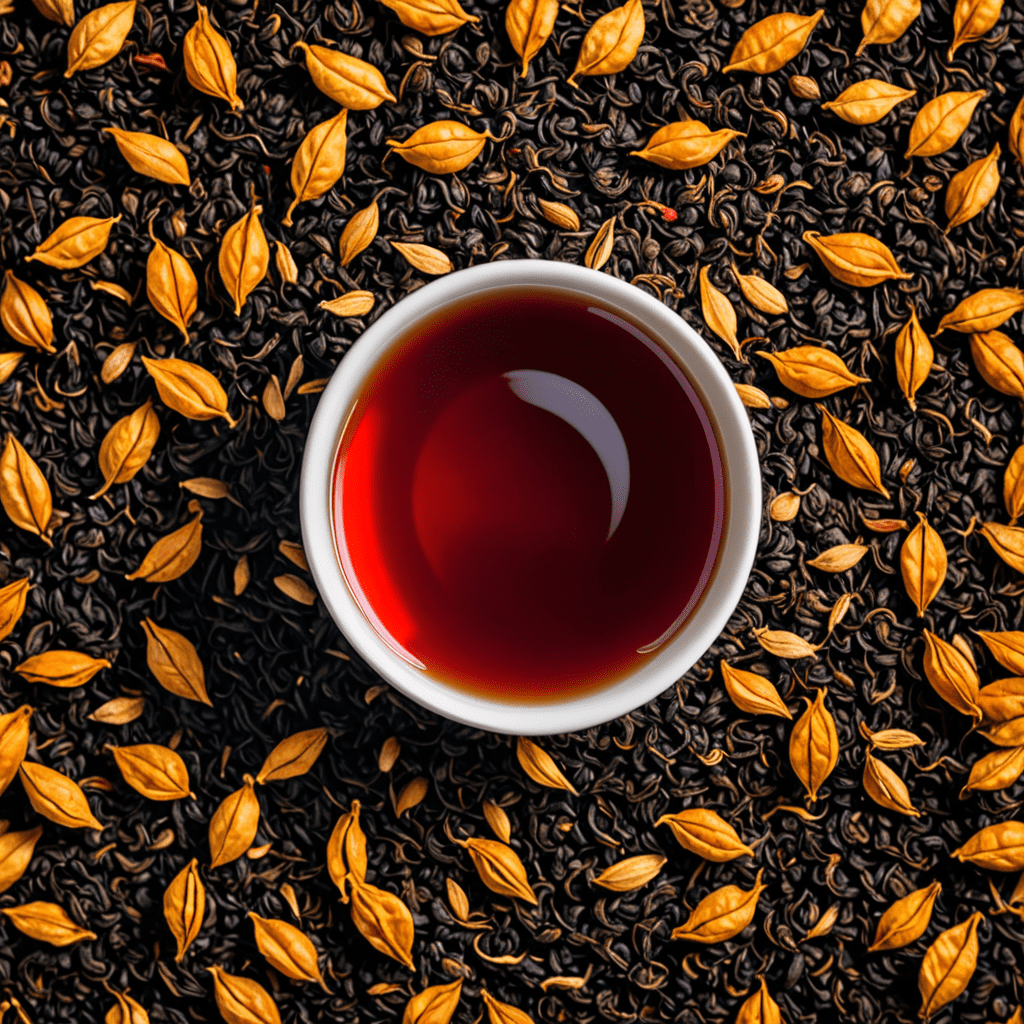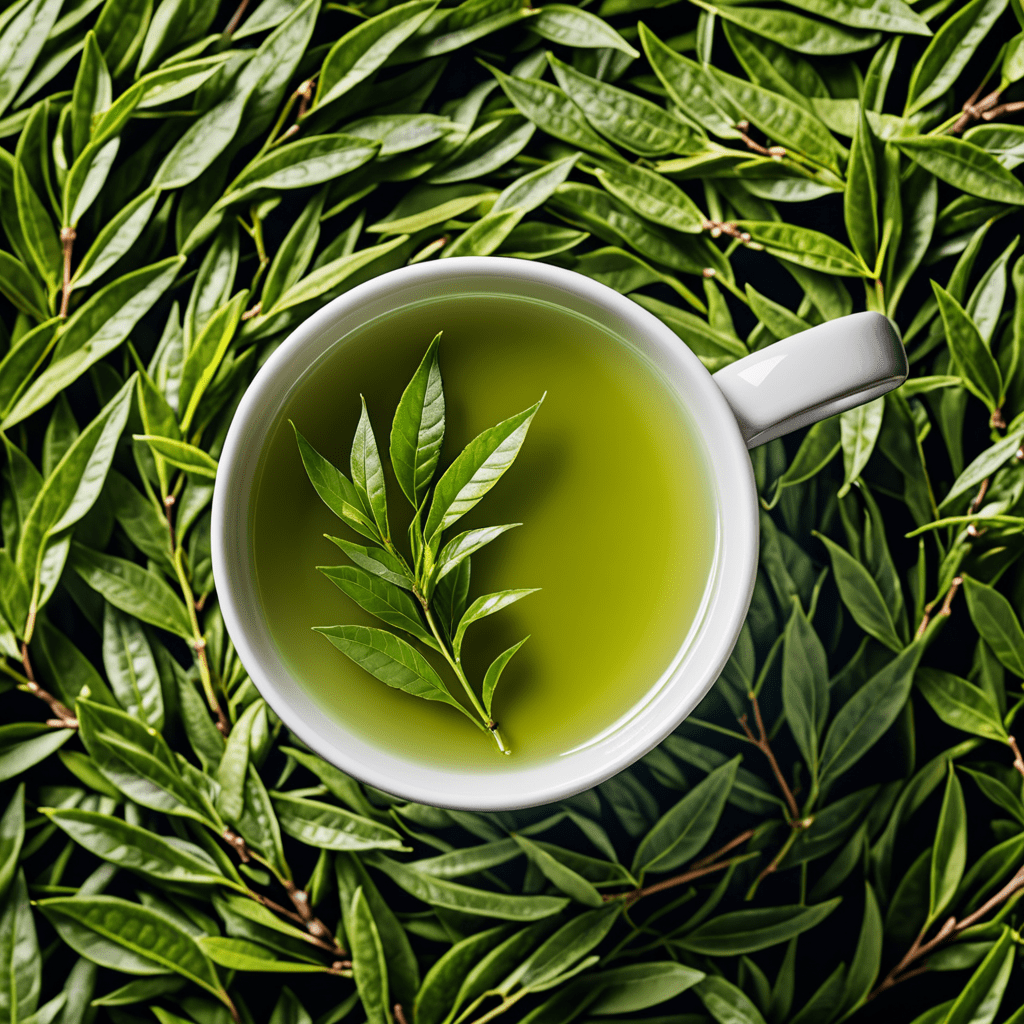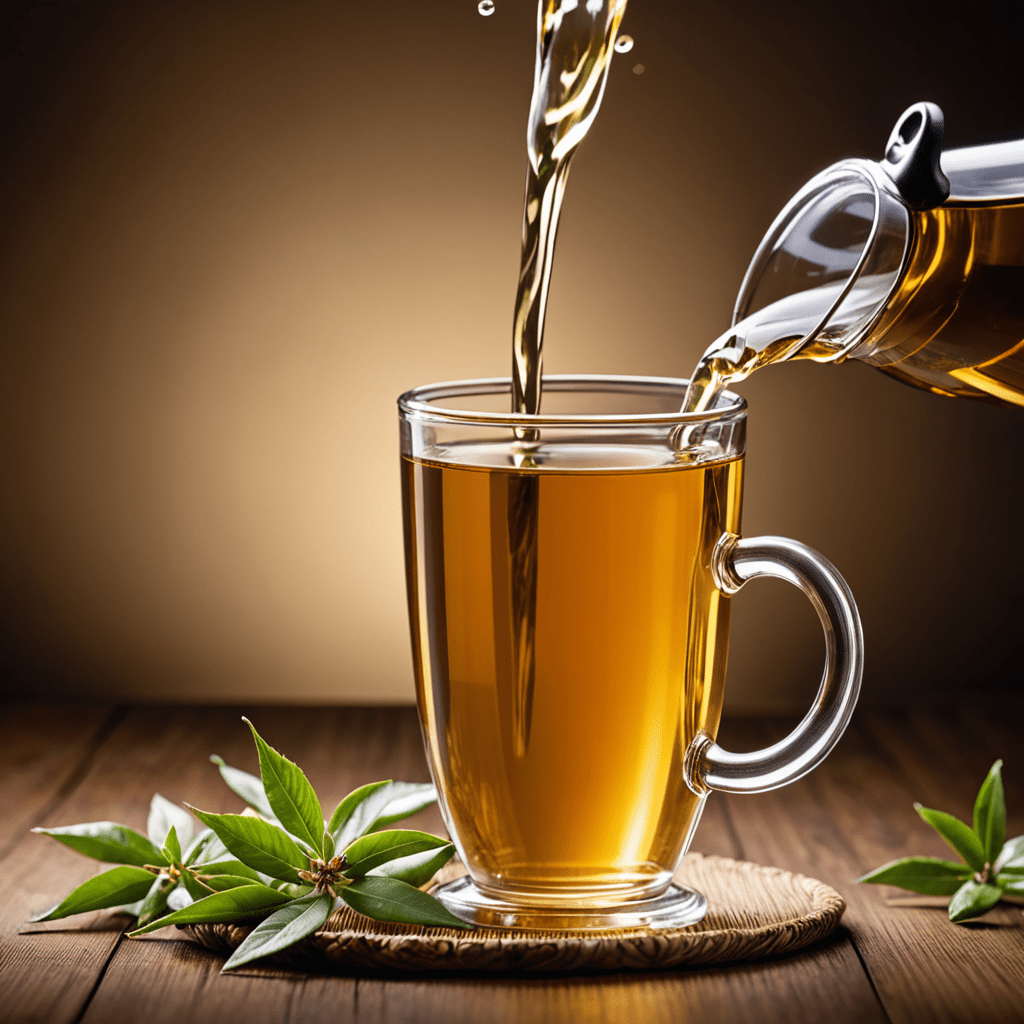Unveiling the Caffeine Content of a Single Bag of Black Tea
Introduction
Black tea is one of the most popular beverages across the globe. It’s known for its rich flavor and various health benefits. One of the key factors that often comes to mind when considering tea consumption is the caffeine content. In this article, we will explore the amount of caffeine present in a single bag of black tea and its potential effects on our bodies.
Understanding Caffeine
Caffeine is a natural stimulant found in tea leaves, coffee beans, and other plants. It acts by stimulating the central nervous system, increasing alertness and reducing fatigue. Many people rely on caffeine to help kick-start their mornings or boost productivity throughout the day.
Measuring Caffeine in Black Tea
The caffeine content in tea can vary based on multiple factors such as the brewing time, water temperature, and the type of tea leaves used. When it comes to black tea, which is known for its bold flavor and strong infusion, the caffeine content tends to be higher than other types of tea.
On average, a single bag of black tea (approximately 2 grams) contains around 30-60 milligrams of caffeine. However, it’s important to note that different brands and tea blends might have slightly different caffeine levels. Additionally, brewing methods can also impact the final caffeine concentration in your cup of tea.
Factors Affecting Caffeine Content
Several factors can influence the caffeine content in a cup of black tea. These include:
- Type of tea leaves: Different tea plant cultivars have varying amounts of caffeine.
- Brewing time: The longer you steep the tea, the higher the caffeine yield.
- Water temperature: Warmer water extracts more caffeine from the tea leaves.
- Leaf grade and size: Finely-ground tea leaves may have a higher caffeine concentration compared to larger, whole leaves.
Effects of Caffeine on the Body
Caffeine affects individuals differently, and its effects can vary depending on factors such as metabolism, tolerance, and overall health. Some potential effects of caffeine consumption include:
- Increased alertness and focus
- Improved mood and reduced fatigue
- Enhanced physical performance
- Diuretic effect
- Potential digestive issues
- Difficulty sleeping, especially when consumed close to bedtime
FAQ
Q: Can decaffeinated black tea still contain caffeine?
A: Yes, decaffeinated black tea may still contain trace amounts of caffeine. The decaffeination process removes the majority of caffeine, but it cannot eliminate it entirely. The exact amount of residual caffeine may vary between brands and tea types.
Q: Does black tea have more caffeine than coffee?
A: No, black tea usually contains less caffeine than coffee. On average, an 8-ounce cup of black tea contains around 30-60 milligrams of caffeine, while an 8-ounce cup of coffee can contain anywhere from 95-165 milligrams of caffeine.
Q: How does caffeine content vary between different tea blends in black tea?
A: Caffeine levels can vary between different blends of black tea due to variations in the tea leaves used and the blending process. Some blends may have higher caffeine levels than others, so it’s always a good idea to check the packaging or consult the manufacturer for specific information.



